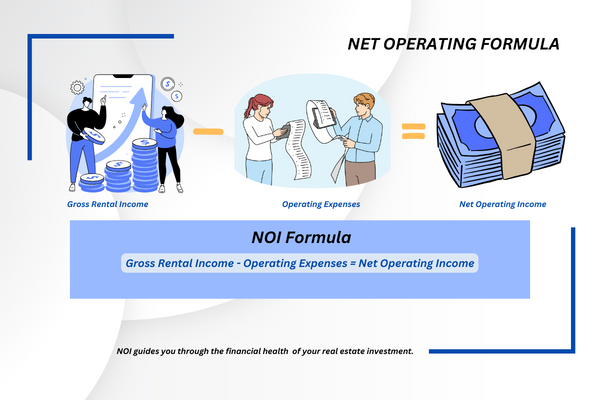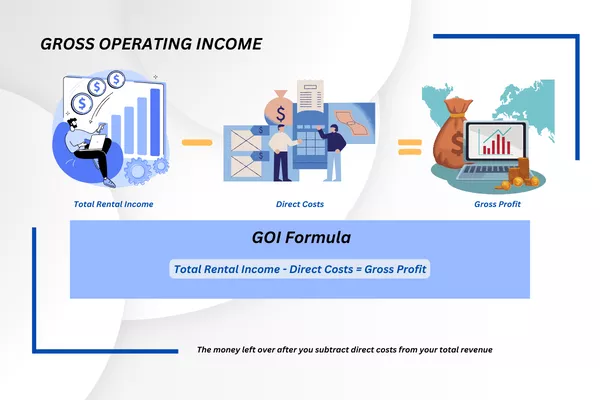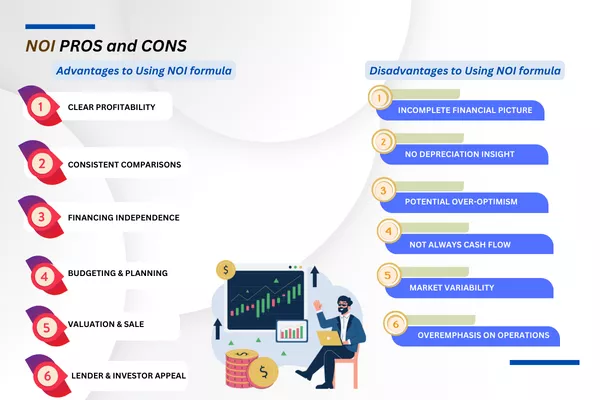- List your property - it's free
- Sign up or Log in
-
English- en
-
AED - AED
Loading...
No Data
- Buy
- United Arab Emirates Property For Sale
- United Arab Emirates Real Estate
- See Newest Listings
- Why Buy with FazWaz.ae
- Rent
- United Arab Emirates Property For Rent
- United Arab Emirates Market Overview
- See Newest Rentals
- List your Rental
- Sell
- United Arab Emirates
- Why Sell with FazWaz.ae
- Partner Agent Program
- Projects
- Advice




